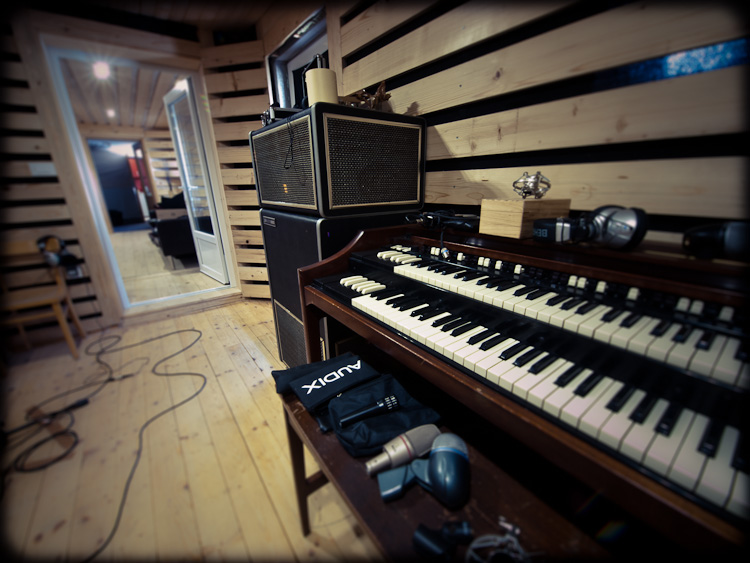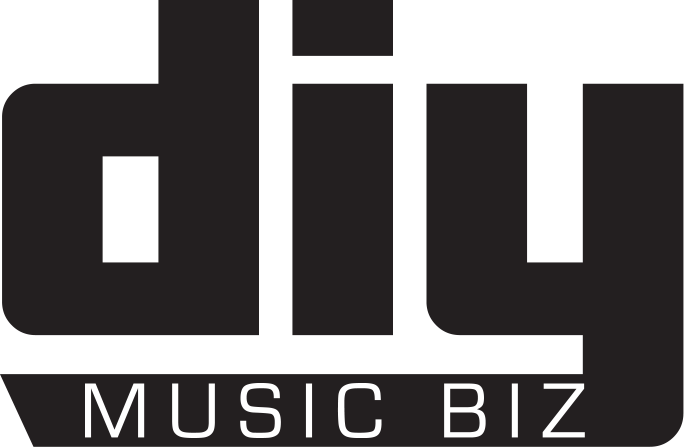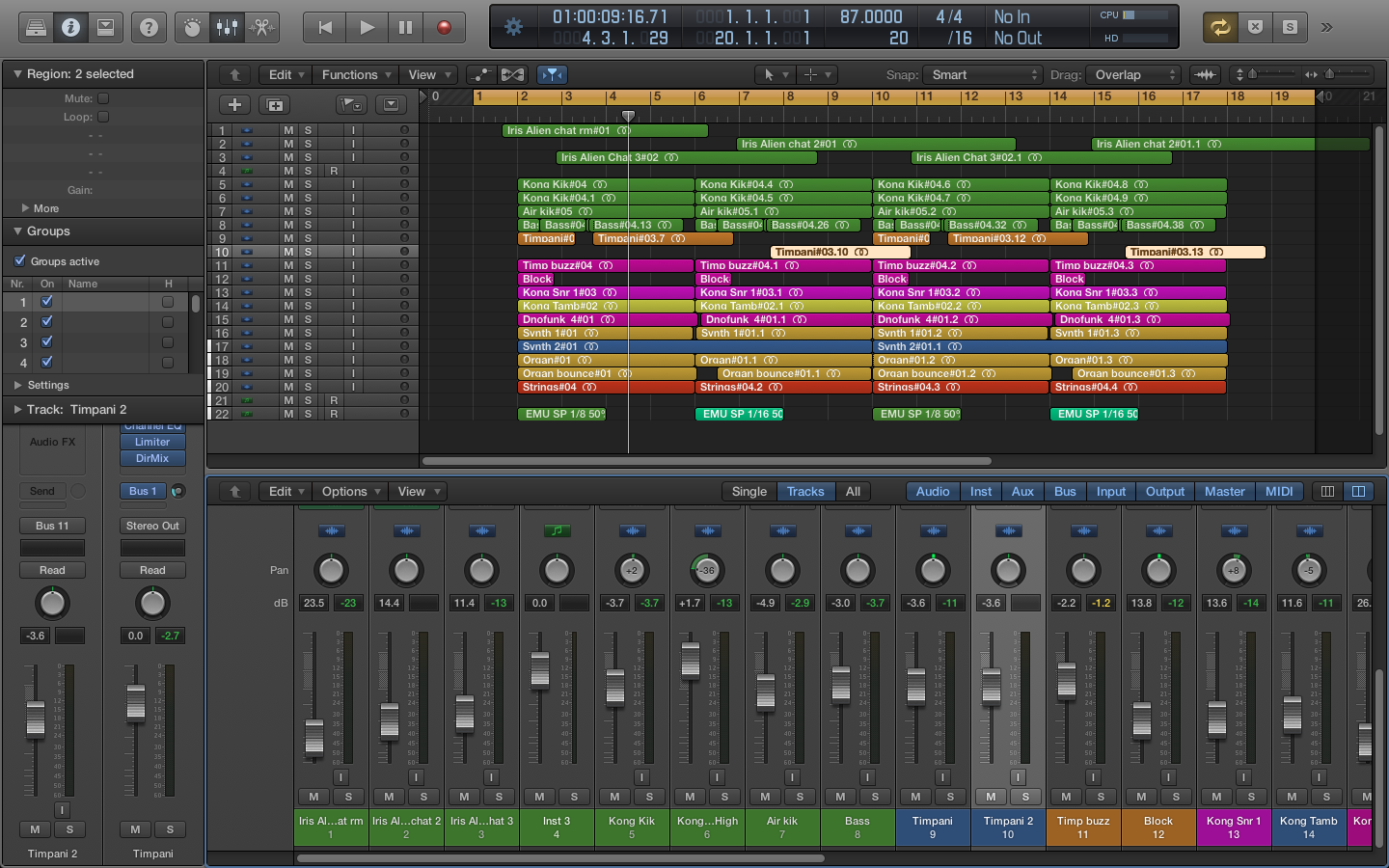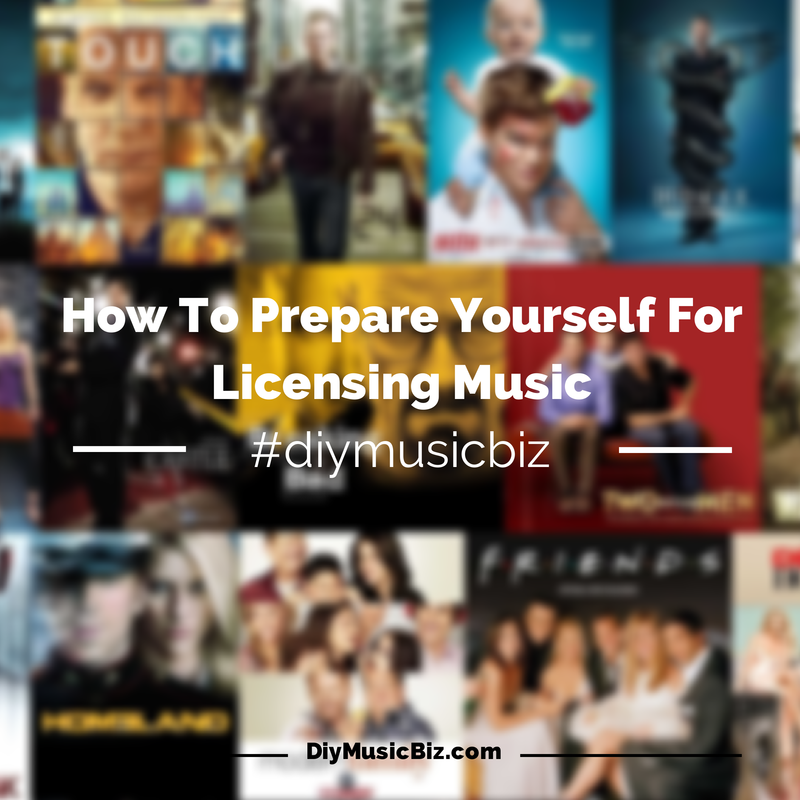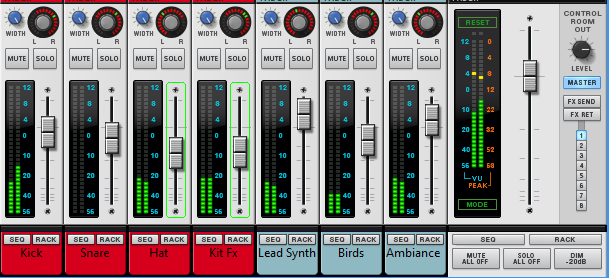Music Producers, Song Writers, Music Composers, Session Players…They all have the same question and that is
“How do I go about getting my music licensed?“.
Well, it’s not as complicated as one might think. In my experience, people overcomplicate the process because they’re unfamiliar with the field, so what I’m going to do is provide a few tips on getting your music licensed
Here are a few ways to get your music licensed
1. Make Friends With People In The Industry (TV/GAMES/FILM)
I strongly suggest you make it your mission to meet older producers. Older, more experienced producers have been where you are and they have a lot of knowledge to pass down.
Some of them even have younger siblings in the industry that they can and will connect you with if you play your cards right – It’s all about who you know
2. Have Instrumental Versions Of Your Songs
70% of all music that is licensed are instrumentals. If you don’t have instrumental versions of your songs…get them! If you’re not a tech-savvy individual then have someone who is rifle through your music and create the instrumental versions for you.
The next time you’re recording at the studio ask the recording engineer (or whoever is recording you) to bounce down a version of the song without the vocals.
3. Pay Attention To The Gaming Industry
The video game industry has been and still is a fast-expanding market. You’re going to want to get in touch with both ‘game developers’ as well as music supervisors. Make sure you approach them in a very respectable manner.
Tell them who you are, what kind of music you make, and what you are trying to do with your music. Ask, them what projects they may have underway and what type of music they’re after.
Make sure you have a demo on hand just in case they contact you asking for such. NEVER EVER SPAM and make sure you’re patient, sometimes it takes weeks for companies to get back to you regarding inquiries.
4. Provide Stock Library Music (It’s Profitable)
Sign up with 3rd party stock music companies. There are a lot of companies out there for you to choose from but the ones I’ve had the most success with are Taxi, Pumpaudio, and Rumblefish.
Some companies will charge you a fee in order for you to submit while others will simply split the royalties and or upfront licensing fee per placement that they land for you.
The big plan here is once you’ve had a few placements through these companies you then contact the company (that licensed the music) directly and build a relationship and skip the middle man (in some cases). Building a relationship with a publisher is also a good thing to do.
5. Find & Network With Music Publishers
Speak with some publishers directly – You can find music publishers fairly quickly using the internet. These days everyone has an email, Facebook, Twitter, or some kind of social platform you can contact them on.
Publishers are always looking for new talent to work with. What I would do is contact them and see if they are working with anyone that specializes in the same genre(s) of music you do. You can also ask if they’re working on any projects utilizing music you specialize in.
Make sure you have a buzz around your name via social media etc this is always a plus. If you don’t have an EPK get one! Don’t sign an exclusive deal with anyone as it will limit your success I don’t care what kind of deal they are offering. Plus it’s smarter to have 5 companies shopping for my music than 1.
Working with many non-exclusive music publishers isn’t a bad idea, but these days more and more TV networks and media outlets are wanting exclusive music. On top of this, exclusive music libraries tend to pitch the music vs letting it sit in a searchable directory.
Be Proactive That’s The Only Way You Will Ever See Results.
6. Be Original Supply Unique Music
Being different – There are 2 schools of thought here. 1 school believes that you should be different, make your own sound and you will stand out and have a better chance of getting placements. School 2 believes that you should do what everyone else is doing because it’s working! Well, here is my thought… I feel you should attack at both angles.
Send in original music, but still cater to the trend craving market. A lot of directors and music supervisors aren’t looking to break a new record like a DJ or A&R.
Most of the time they just want something that sounds similar to so and so:
- 21 Savage
- Charlie Puth
- Da Baby
- Taylor Swift
- Drake
- Adele
Or whatever hot trendy song is out at the time. So you have to learn to cater to the market if you want to get paid in this business.
7. Supply Library Production Music (Much Like Stock Music)
Supplying library music is easy and fun to do especially if you already have a nice archive of music on board and especially if you don’t mind creating custom music. Just be careful as to what you’re signing away when you agree to terms and conditions.
Some Library companies will want to own the track outright while others will not. If you don’t mind giving up your rights cool just make sure you’re being well compensated. I personally hate letting my music go (the rights to my music) but honestly, if the terms make sense and the publisher is pitching the music, then It’s a go!
The main difference between Stock Music and Library Production Music is the latter is custom-made for projects vs already existing (a good percent of the time). These days, both tend to have high-quality music.
Side Note: There are Music Libraries geared toward video games too
8. Tunecore – You Must Take Advantage Of It
Use TuneCore to get your music coded for video games such as Jam Legend or Rock Band. It’s simple, you upload your song and thousands of people can use it while they’re playing their video games. The royalties are paid out per sale similar to mp3 albums and whatnot. I’ve been fortunate enough to rack in a couple of thousands of dollars using this avenue, you won’t get rich overnight but it can be pretty lucrative.
9. Connect With Game Developers Directly
Video Game Developers are easy to find, most of the contact information can be found on social media as well as on the company website. Indie game developers tend to be easier to connect with than AAA game companies and are generally more open to working with new talent.
View this post on Instagram
10. Video Production/Video Game Design Programs
Schools are gold mines. Every semester students have projects due that require music. It’s an easy in and many students wind up working for bigger game companies. Start networking!
Important things to remember when submitting music.
- Make sure you own the work
- Copyright/protect your music
- Never sign away your rights unless the price and or circumstances are right
- Always be networking
- Keep making music (never stop)
- Submit music that is mixed/mastered
Here’s a simple music mixing guide for those who want to learn mixing. These are the same steps I take when delivering mixes for placements.
Please leave your questions and comments below

